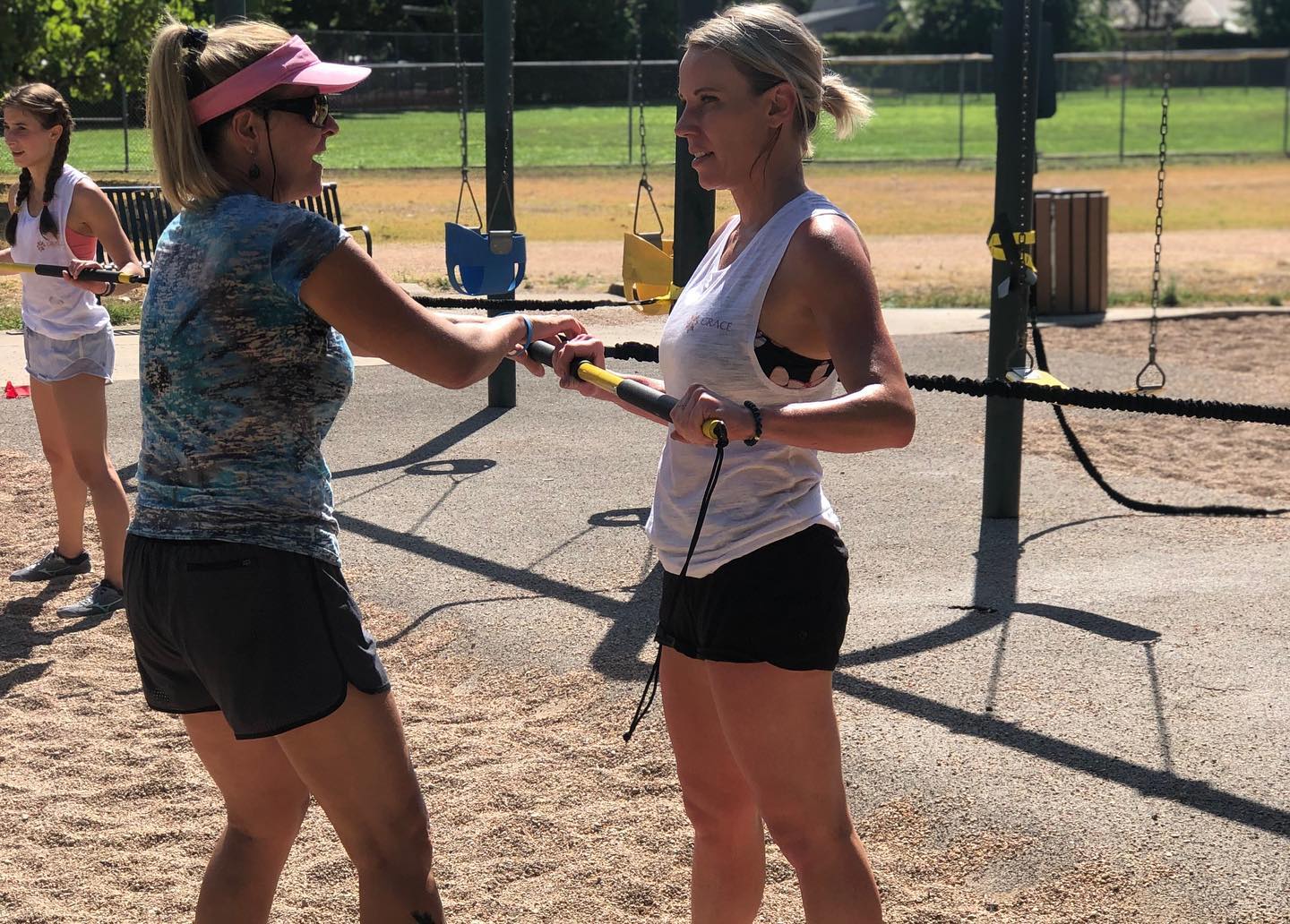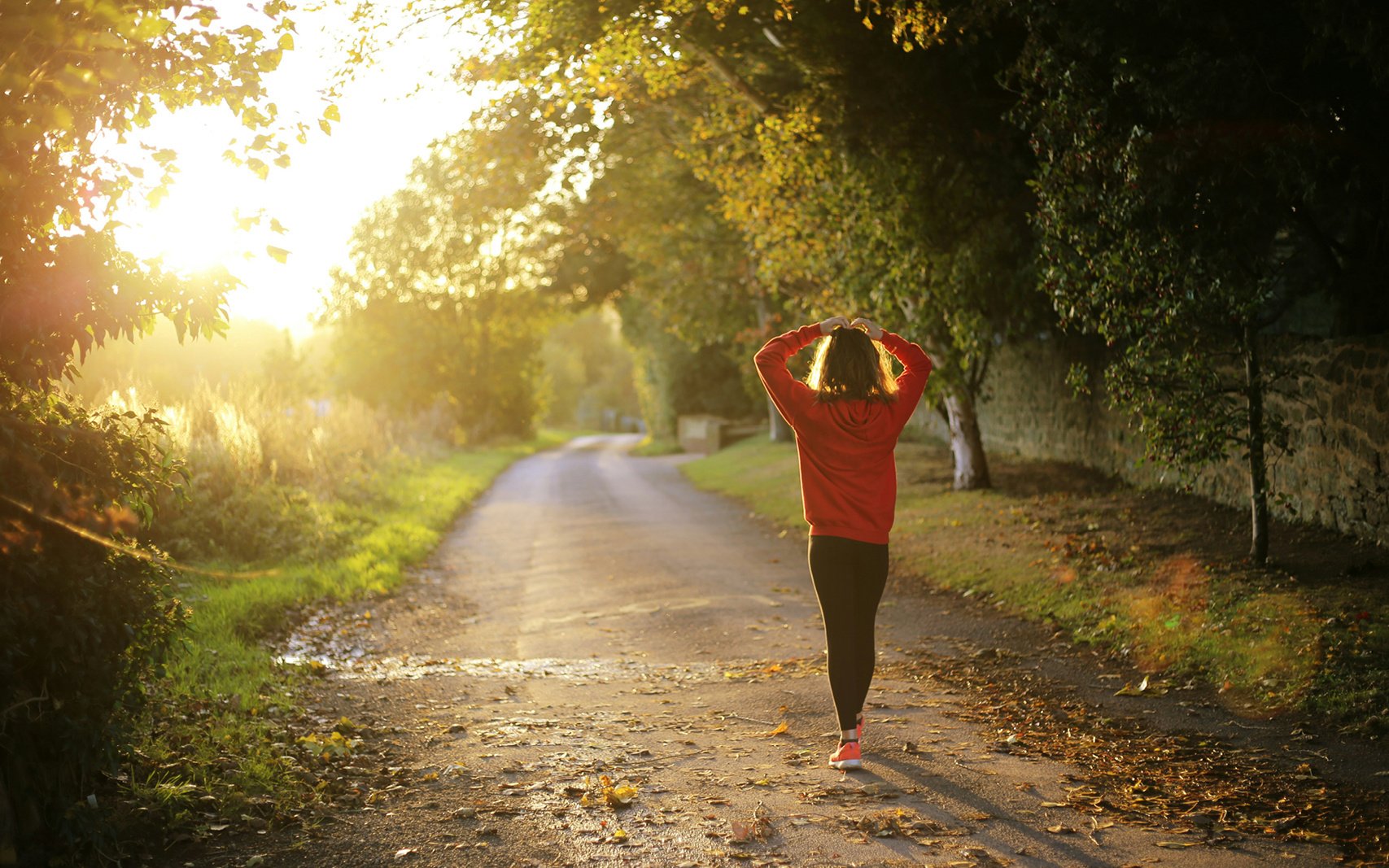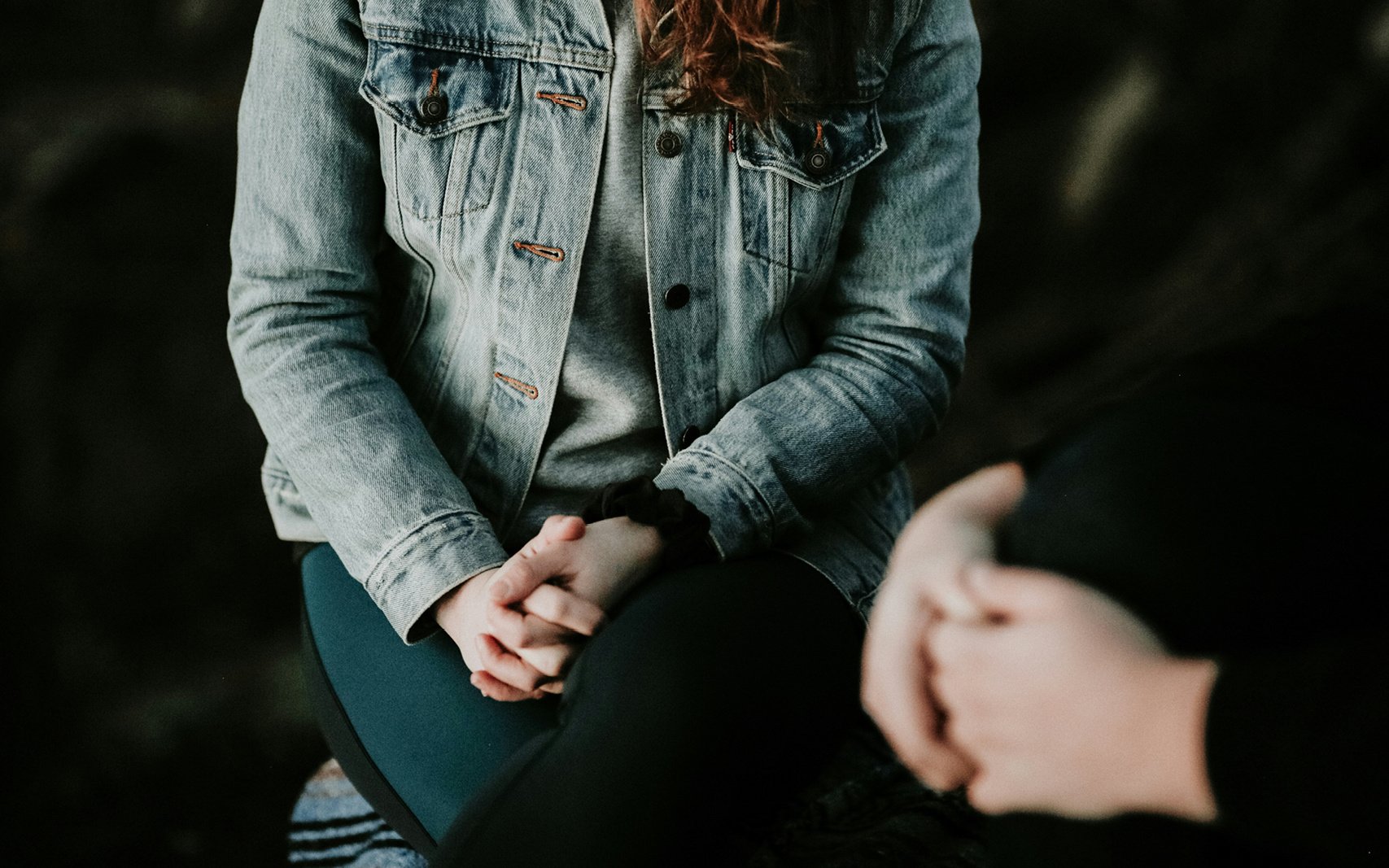REASON V. EXPERIENCE: STEP ONE – REBECCA FREDERICK
“We admitted we were powerless over alcohol, that our lives had become unmanageable.” P. 59
Rebecca Frederick
For many years, I “tried” to get sober on my own terms. After all, I was an intelligent, educated woman and my family told me so my entire life. I was the oldest of three girls, the “good one” my sisters would say. I was definitely the least likely to become a drug addict. So, what if I over indulged a little here and there? I should be able to read a book and teach myself how to manage on my own, like the smart girl that I was. Plus, my young parents were both alcoholics and I saw what it did to them and our family, I had vowed at a young age I would never let alcohol get ahold of me. And yet I took my first drink at 13… For decades I lived under the delusion that I was in control and could stop when I wanted, and it almost killed me. The truth is that as soon as I ingest any mind-altering substance into my body, I lose any ability to stop entirely. My addiction has taken me to places I promised myself I’d never go.
Our book tells us that alcoholism is a disease, not a moral failure, no longer a choice. It is the only disease that I know of which tells our brain we don’t have it. Not me. Nope. I’m nothing like y’all. I had a job as a registered nurse and a family who loved me. Yet as most of you know, alcoholism doesn’t discriminate.
By the time I got sober the last time at age 32, it had been years since I had a choice whether I would stick a needle in my arm. I didn’t understand this until I came to Texas in 2015, where they were doing things a little differently than they did in Chicago. At home, they told me things like “meeting makers make it” and “easy does it” and “one day at a time.” So, I went to a lot of meetings, took it easy and lived one day at a time but I always got high eventually. In Austin, I noticed something a little different; young people were working steps and staying sober and helping other alcoholics as quickly as possible.
The thing is, we are dealing with a progressive and FATAL disease and now I know that I don’t have the luxury to take things easy. I needed to get through the steps to save my life. My mother (my angel) sent me to Austin for sober living because my sister who wanted nothing to do with her heroin addicted sister would be near-by in case of emergencies. I’ve come to believe that this was one of the many divine interventions God had in store for me, because little did I know when I was on the plane that I would end up in not only one of the biggest party cities in the US, but the strongest most amazing sober community I could have imagined. In order to live in my sober home, I was required to get a sponsor and work steps.
I really didn’t want to be homeless in a city I didn’t know. For the first time in my life I sat down with a woman who had been through the 12 steps of AA and had her own experience and knew she needed to share what she had in order to keep it. We read Alcoholics Anonymous together and she shared with me that she had once been strung out on drugs, but she had recovered and was free. Free to enjoy her life moment by moment and go anywhere and do anything she pleased. I had my doubts. But I was so spiritually bankrupt, physically and mentally deteriorating, I listened. I decided I had nothing to lose.
In Alcoholics Anonymous I learned that alcoholism (and drug addiction) is a two-part disease that affects the mind and also the body. The difference between the body of an alcoholic and a non-alcoholic is an odd little term they use “manifestation of a physical allergy.” Interchangeable with “phenomenon of craving” the body of an alcoholic craves more alcohol or drugs once the first drink or drug is ingested. Once an alcoholic takes the first drink, the alcoholic has lost all control of how many drinks he will take. There were many nights in my drinking days where I would go out with every intention of having two drinks with friends and end up buying everyone at the bar Jager bombs, spending all my money, waking up late for work, wondering what had happened. The Big Book also tells us that “no real alcoholic ever recovers control.” Unwilling to hear it before, I had to smash my previous delusions.
The second part of alcoholism they talk about in Alcoholics Anonymous is the “obsession of the mind.” It is in this deception of our own minds that our disease is trying to kill us. It tells us things like “this time will be different” or “I quit for a period of time so it’s safe for me to drink again.” My disease shows up in other areas of my life as well and may tell me that a relationship with a man, my career or external or material things are more important than going to a meeting. And then before I even realize what has happened, I get separated from my program and my higher purpose, I end up strung out again.
Alcoholics Anonymous tells us than unless we have a spiritual experience that will interrupt, the cycle of addiction is doomed to repeat itself over and over until we are willing to accept this truth. Not only an experience, but an entire personality rearrangement, an upheaval of our previous thoughts and attitudes, an “entire psychic change.” The steps are a guide to a relationship with a God of our understanding and a rebirth of power over our lives and our disease, we can experience peace. It is promised. I am living proof of this.
But we are in luck, if we concede we have this disease of alcoholism and fully understand that we will drink again unless we experience this spiritual awakening, because we have a sick body and mind, we still might have a chance. Read further and you will find that Alcoholics Anonymous is a step by step instruction manual toward a solution to all our problems. I had no idea what that meant when I was finally willing to jump into the work. I am accepting of the fact that I had to experience every horrible thing in my past to appreciate the life I have today. By the Grace of God and this program I am sober today. I continue to practice the spiritual principles of 12 step recovery because I am very clear that I can go back to my drug use at any point. I am not afraid.
Thank you for being a part of my story







